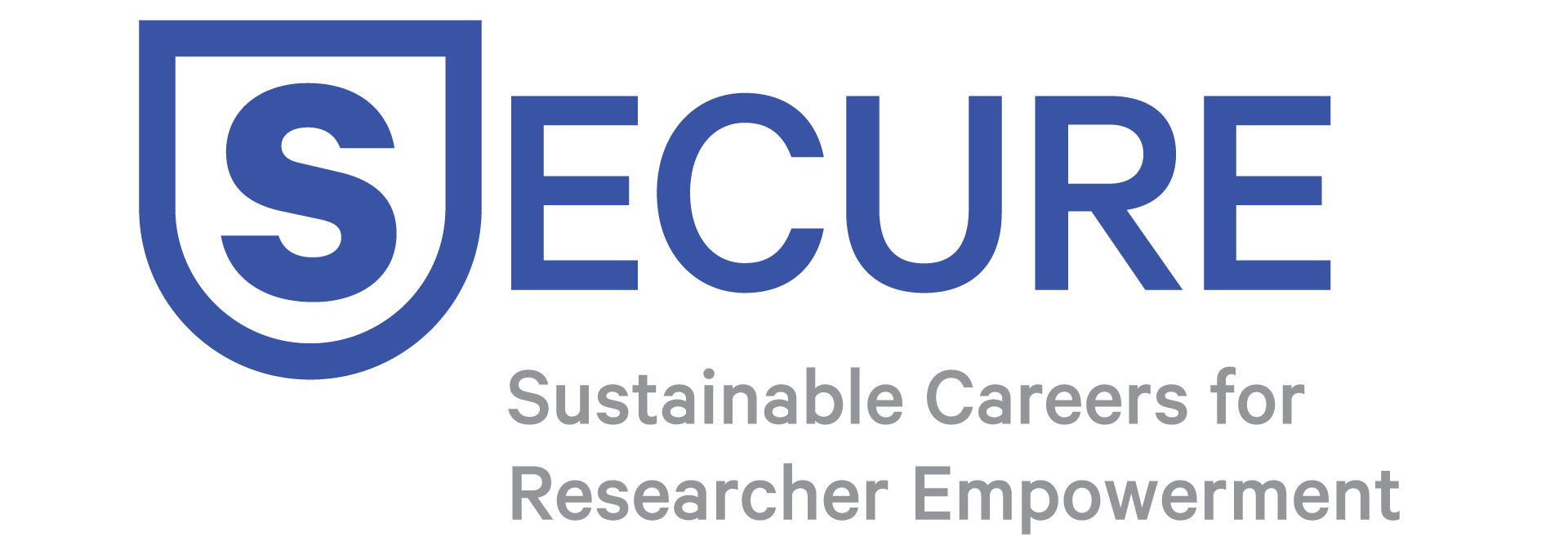The European Charter for Researchers is one of the most important policy documents embedded in the very foundations of research in Europe. Since its first publication in 2005, almost 20 years have passed and, given the ever-changing climate in European research and innovation, the European Commission has recognized the need for its improvement, which is currently underway. The European Charter for Researchers is to be strengthened through four thematic pillars addressing the guiding principles in science and research. In the following text, we present the first of the said pillars and its key points.

1. Ethics and Research Integrity
At the core of scientific pursuit lies the indispensable bedrock of ethical conduct and research integrity. Researchers are entrusted with a profound responsibility to uphold principles such as honesty, reliability, and objectivity, forming the foundation for research that is both responsible and trustworthy. The Charter emphasizes the need for a supportive institutional culture committed to research integrity, including rules, procedures, and guidelines, coupled with effective training programs. Solid mechanisms are crucial to identify, report, and address cases of research misconduct, ensuring the highest standards are maintained throughout the research process.
2. Freedom of Scientific Research
The Charter champions the fundamental principle of freedom in research, emphasizing the intrinsic value of scientific exploration for the betterment of humanity. Researchers are granted the liberty to engage in unfettered thought, express diverse opinions, and challenge accepted wisdom to usher in novel ideas.
3. Open Science and Citizen Science
Open Science takes center stage, encouraging researchers to embrace unrestricted engagement, share results openly, and ensure the reproducibility of research outcomes. This commitment extends to stakeholders, urging employers and funders to support a pervasive Open Science culture. In a progressive leap towards accessibility and inclusivity, the Charter emphasizes the integration of Citizen Science into research projects. This democratization of science invites citizens to participate actively, building trust in scientific processes and leveraging the intelligence of society for groundbreaking research and innovation.
4. Gender Equality
The call for gender equality urges a comprehensive fostering of gender balance across research teams, decision-making bodies, and advisory groups, extending to recruitment and promotion committees. This commitment goes beyond numerical quotas, emphasizing the integration of the gender dimension in research, teaching, and innovation content. Recognizing the insidious issues of gender-based violence and sexual harassment present in all fields, Gender Equality is approached through an intersectional lens, acknowledging the intertwining systems of power between gender and other social categories.
The Charter advocates for sustainable institutional changes embodied in Gender Equality plans equipped with reporting mechanisms and monitoring systems. Importantly.
5. Embracing Diversity
Diversity, in its broadest sense, encompasses gender, racial or ethnic origin, religion or belief, social diversity, disability, age, and sexual orientation, with a clear stance against discrimination on all grounds. Employers and funders are implored to actively embrace diversity in their research cohorts, recognizing the inherent value that different life experiences bring to the tapestry of research projects. Beyond numerical representation, the Charter emphasizes the vital role of diverse participants in informing and enriching research results, ensuring that the outcomes are applicable and resonate across the multifaceted societies we inhabit. Confronting unconscious biases, particularly in hiring, promotion, and reviewing is acknowledged as a necessary step, underscoring the Charter’s commitment to fostering inclusivity, equity, and excellence, particularly within the scientific domain.
6. The Research Profession
The Charter is also related to the treatment and expectations of researchers as professionals. It calls for recognition of researchers at all career stages, advocating for non-linear trajectories marked by mobility. Transparency, communication, and accountability are emphasized, positioning researchers as stewards of public trust.
7. Free Circulation of Researchers
The Charter emphasizes the unrestricted circulation of researchers, urging the flow of research professionals, knowledge, and technology. Recognizing that the exchange of minds and ideas knows no borders, it calls for administrative frameworks that allow seamless portability of grants and social security provisions for researchers.
8. Sustainability of Research
Rooted in sustainability, the Charter acknowledges the global urgency embodied by initiatives like the European Green Deal and the United Nations’ 2030 Agenda. The Charter calls for an institutional culture steeped in sustainable research management, advocating for the reduction of carbon emissions and setting a positive example for a future where research contributes to a sustainable course.

With its revised principles, The new European Charter for Researchers paints a vision of a principled, inclusive, and sustainable scientific community, navigating European research and innovation towards a future of excellence and societal benefit.



